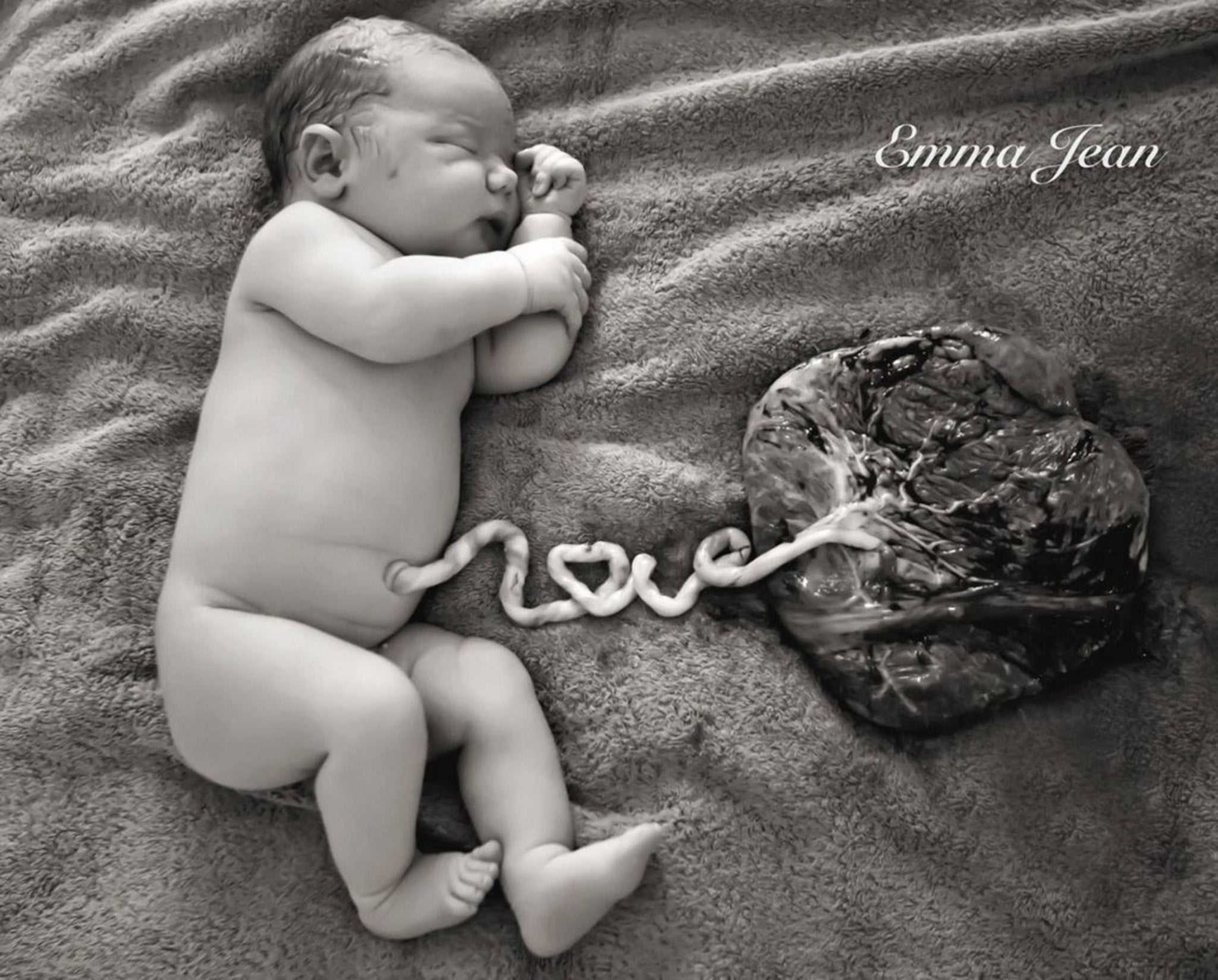Facebook photo of baby with his placenta still attached prompts discussion about Maori post-birth rituals
According to Maori tradition, burying the placenta forges a connection between the baby and mother nature

A Maori couple has posted a photo of their newborn baby with his placenta cord spelling out the word “Love” and inspired a discussion of traditional post birth rituals.
Next to the image of baby Harper taken by professional photographer Emma Jean it explained the placenta would now be buried in accordance with Maori tradition.
It explained that the words for land and placenta “whenua” are the same and the ritual of burying the placenta symbolised the connection between people and the land.
The post said: “The word 'whenua' relates to the placenta and to the land. Whenua (placenta) is returned to the whenua (land) with the pito (umbilical cord) the link between the newborn and papatuanuku (mother earth).
“With this affinity established, each individual fulfils the role of curator, for papatuanuku, which remains life long.”
Commenting on the post, mothers from around the world - both Maori and non-Maori - shared how they chose to mark the birth of their children.
One mother said she had buried the five placentas from her children’s births and they refer to the trees plant above them by their names.
Another said it was also a Tongan tradition and all of her children and grandchildren’s placentas are buried at her house.
One woman said she buried her son's placenta on her great-grandmother's grave to mark the closet relationship she had with her when she was alive.
One poster, Tiria Tiria, said Cook Islanders also followed the tradition and believed children developed personalities that were connected to the plant that grew in the ground where it is buried.
For instance "the most popular belief is that "coconut tree" kids are hard-heads or tough, or that "lemon tree" kids are sour and easily angered".
Join our commenting forum
Join thought-provoking conversations, follow other Independent readers and see their replies
Comments
Bookmark popover
Removed from bookmarks